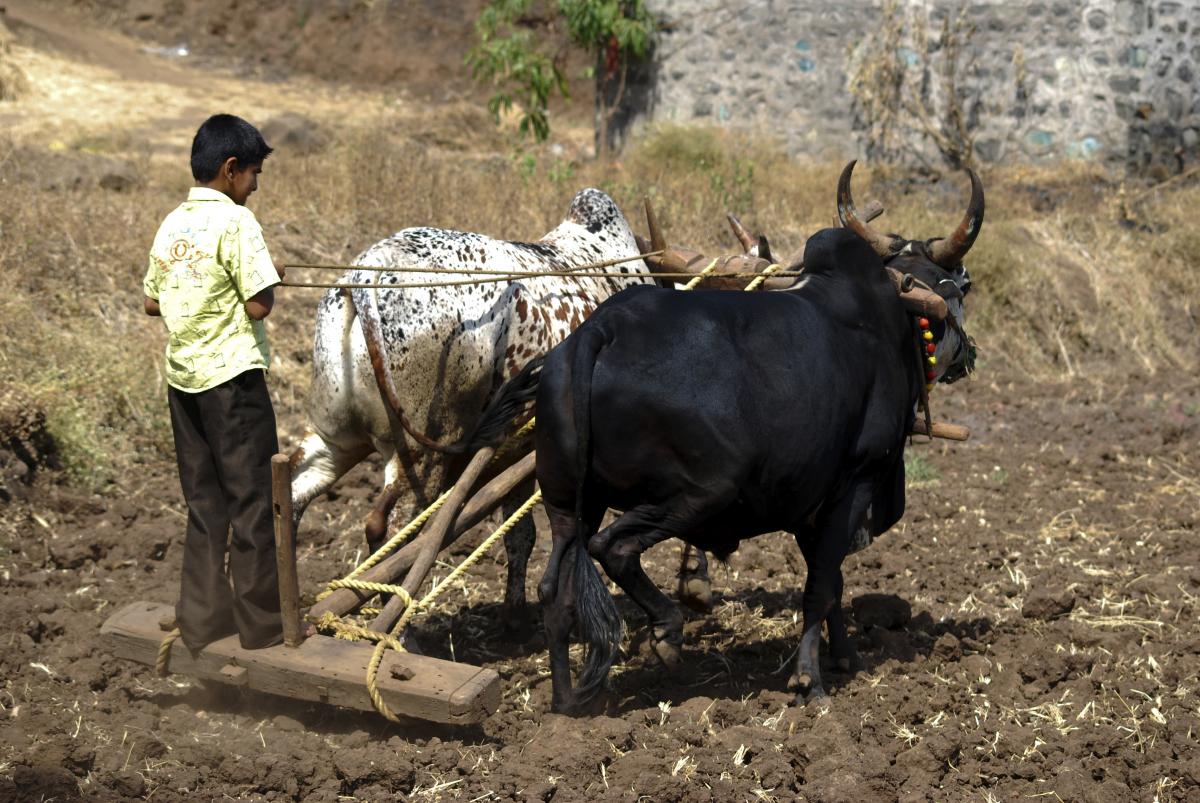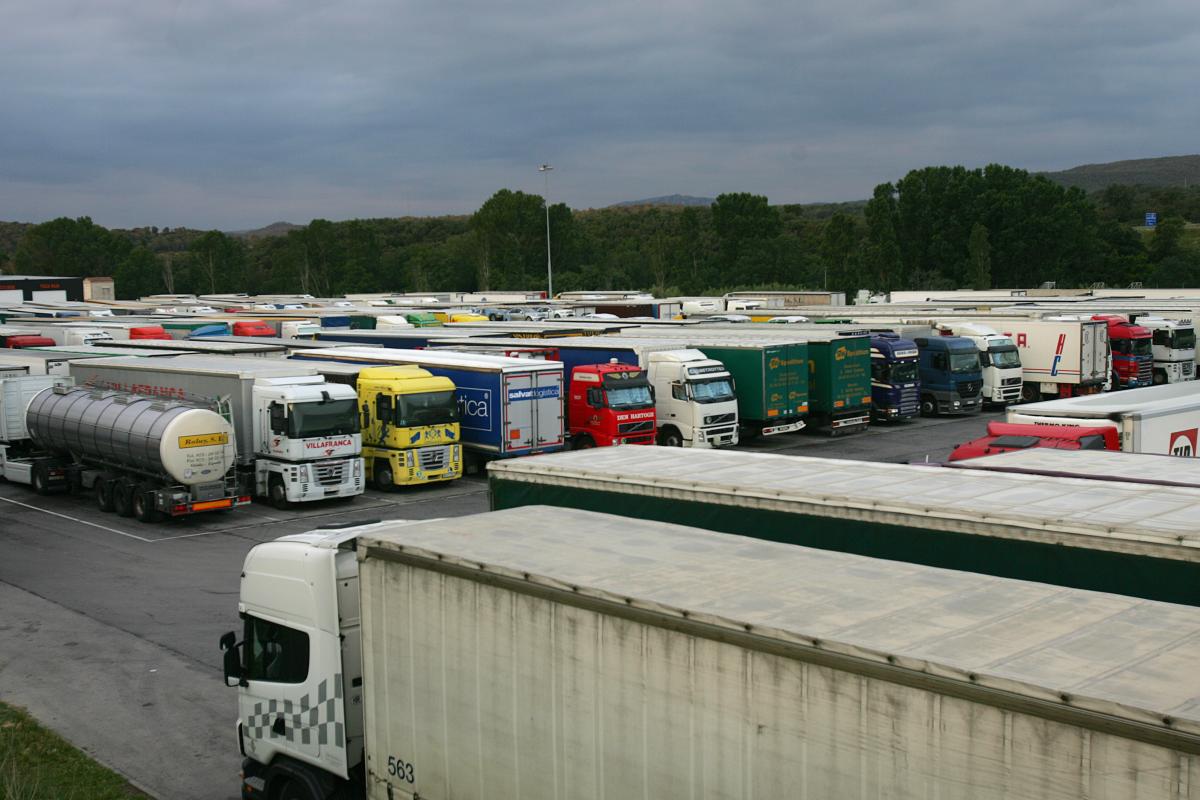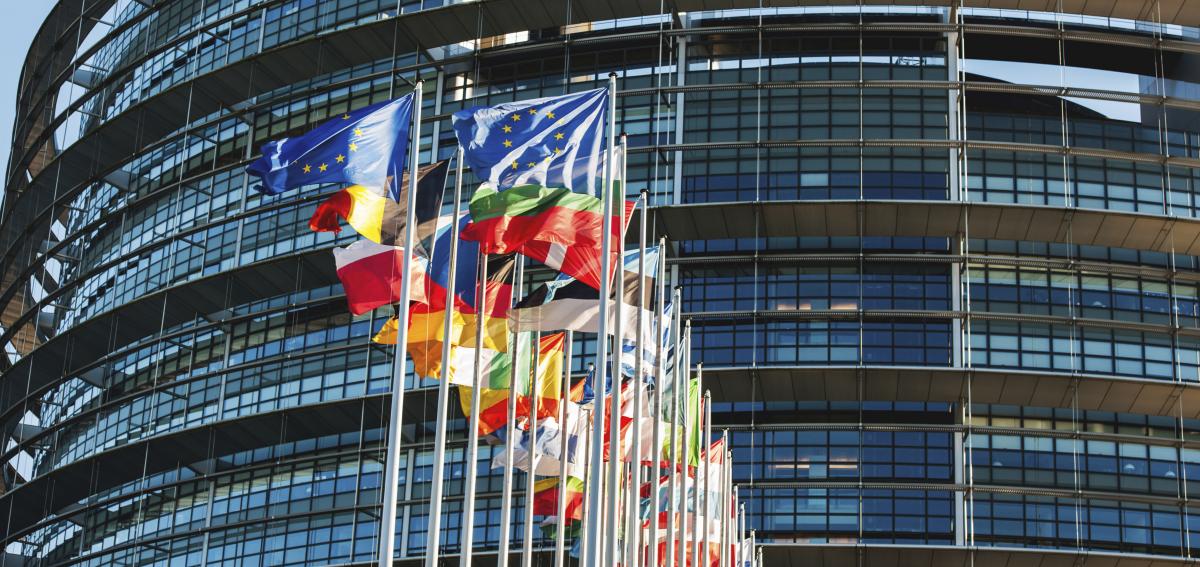Animal tested imports ban, UK Modern Slavery Bill, French eco-tax backtrack and EU disclosure law
Cosmetic changes
Imported cosmetics that have been tested on animals will be outlawed in India from 14 November. The new rule complements regulations from mid-2013 under which the Bureau of Indian Standards effectively banned animal tests on domestically produced cosmetics. There was a similar “de-recognition” of animal tests in early 2014 for household cleaning products. The campaign for “cruelty-free” cosmetics in the second most populated country – with about 17.5% of the world's people – was promoted by Bollywood stars and non-Indian big names including Pamela Anderson. The Indian office of People for the Ethical Treatment of Animals (Peta) said the import ban would “bring cheers from around the world,” and would save “millions” of animals. The Indian ban is similar to rules in the European Union and Israel.
Supply slaves
Big companies in the UK could have to include in their annual reports statements about what they are doing to prevent slavery in their supply chains, according to government plans. The draft UK Modern Slavery Bill, which was published in June, consolidates existing laws and toughens sentences for the perpetrators of slavery, which in Britain is on the increase, according to the Salvation Army. The draft bill did not originally include the measure on supply chain due diligence, but Karen Bradley, the minister for modern slavery and organised crime, announced in October that the provision would be inserted and would apply “regardless of the nature of a company or what it supplies”. A consultation will be held to determine which companies the requirement will apply to. The government hopes to finalise the legislation by the time of the general election in 2015.

Keep on truckin'
The French government has backtracked in the face of pressure from businesses on an eco-tax on heavy goods vehicles crossing French territory. The tax would have cost truckers an average of 13 euro cents per kilometre to compensate for the pollution they cause. It would have applied to certain roads not already subject to tolls, and was primarily designed to raise revenue from non-French operators, with exemptions for local deliveries and farmers. But in the midst of France's stagnating economy, and threatened strikes by haulage unions, French ecology minister Ségolène Royal said in October that the tax would be put on hold indefinitely. The French Greens, Europe Ecologie-Les Verts, said: “Nothing justifies this victory of the lobbyists.”

Reporting requirement rubberstamped
European Union countries have formally signed off on an EU law that makes disclosure of environmental, social and human rights information mandatory for public companies with more than 500 employees – meaning that about 6,000 companies across the bloc will be affected. The law requires companies to make statements on their environmental and social policies, employee diversity, and how they implement human rights and anti-corruption principles. The law will apply in 2017, meaning the first reports prepared accordingly will be published in 2018. The UN Global Reporting Initiative (GRI) welcomed the finalisation of the law, which was approved by the European Parliament in April. GRI deputy chief executive Teresa Fogelberg said it “marks the beginning of an exciting era” in corporate reporting. The law includes a clause requiring the possible introduction after 2018 of country-by-country reporting by companies on their taxes and profits.

cosmetics eco-tax France India modern slavery reporting requirement slavery supply chain slavery transport

